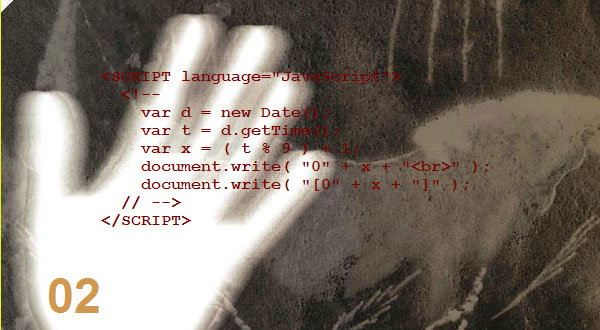Professor of English, UC Santa Barbara
Home page
 Christopher Newfield is Professor of English at the University of California, Santa Barbara. He received his Ph.D. in American literature from Cornell University in 1988, and his central interests include American culture after 1830, with particular attention to fiction since 1940; race; sexuality; affect; crime; California; and corporate culture. Professor Newfield’s most recent book is Ivy and Industry: Business and the Making of the American University, 1880-1980 (Duke Univ. Press, 2004). He earlier published The Emerson Effect: Individualism and Submission in America (Univ. of Chicago Press, 1996) as well as co-edited Mapping Multiculturalism (Univ. of Minnesota Press, 1996) and After Political Correctness: The Humanities and Society in the 1990s (Westview, 1995). Currently, he is at work on two further books: The Empowerment Wars, which explores the literature, management theory, and everyday life of cubicle dwellers in corporate America; and Starting Up, Starting Over, an eyewitness account of the underside of the “New Economy” in Southern California. He is a faculty member of UC Santa Barbara’s interdisciplinary American Cultures and Global Contexts Center, as well as a participant in the NEH-funded Teaching with Technology project at UCSB titled Transcriptions: Literature and the Culture of Information, for which he has taught courses on Silicon Valley culture.
Christopher Newfield is Professor of English at the University of California, Santa Barbara. He received his Ph.D. in American literature from Cornell University in 1988, and his central interests include American culture after 1830, with particular attention to fiction since 1940; race; sexuality; affect; crime; California; and corporate culture. Professor Newfield’s most recent book is Ivy and Industry: Business and the Making of the American University, 1880-1980 (Duke Univ. Press, 2004). He earlier published The Emerson Effect: Individualism and Submission in America (Univ. of Chicago Press, 1996) as well as co-edited Mapping Multiculturalism (Univ. of Minnesota Press, 1996) and After Political Correctness: The Humanities and Society in the 1990s (Westview, 1995). Currently, he is at work on two further books: The Empowerment Wars, which explores the literature, management theory, and everyday life of cubicle dwellers in corporate America; and Starting Up, Starting Over, an eyewitness account of the underside of the “New Economy” in Southern California. He is a faculty member of UC Santa Barbara’s interdisciplinary American Cultures and Global Contexts Center, as well as a participant in the NEH-funded Teaching with Technology project at UCSB titled Transcriptions: Literature and the Culture of Information, for which he has taught courses on Silicon Valley culture.
Links: Home page
Quote:
Under Construction.


